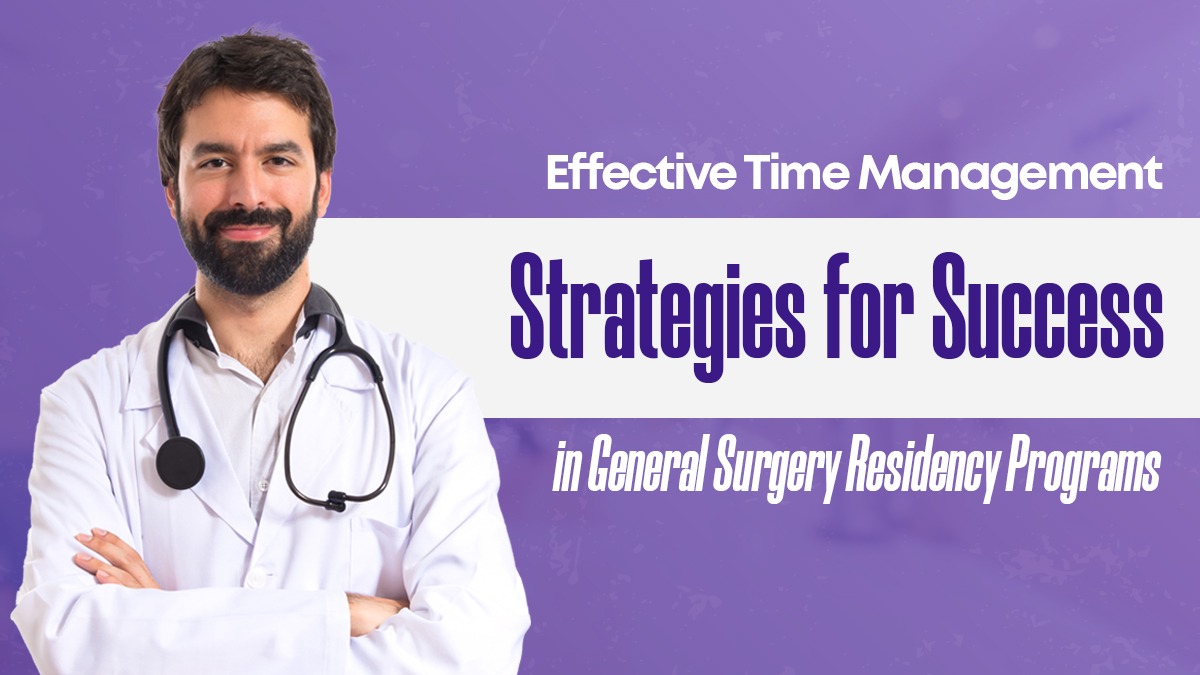Estimated reading time: 4 minutes
There are numerous stories surrounding surgery. It is important that surgical residents and those entering a general surgery residency not only know the truth in training but also address patient’s concerns effectively. For this reason, Conceptual Surgery intends to dispel some of the myths that abound surrounding surgical fields.
Myth 1: Surgery Is Always the Last Option
Fact: Surgery is often a proactive solution
Most people believe that surgery is only recommended when everything else has failed. While it is true that when non-invasive options, such as precautionary measures, are valid, surgery would not be needed, however, for some conditions, surgery is indeed the best and oftentimes the only solution. Such programs of surgical residency will condition professionals to look at cases in an integrated format and recommend surgery when it best offers a solution.
Myth 2: All Surgeries Are Risky
Fact: Advancements in technology and technique have made surgery much safer.
These days most surgeries are safer than they have ever been, thanks to innovative technologies and techniques in surgical tools and techniques. So, in the general surgery residency programs, residents learn to assess risk and address strategies to ensure patient safety. Proper preparations and adherence to protocols significantly reduce complications.
Myth 3: For Any Surgery, the Recovery Time Takes Forever
Fact: Many new procedures involve shorter recoveries.
Minimally invasive techniques, such as laparoscopic surgery, are changing the game. Often, patients bounce back much quicker than anticipated. General surgical residency programs emphasize training in these advanced procedures, enabling surgeons to offer faster recovery options for their patients.
Myth 4: You’re Awake During Local Anesthesia
Fact: Local anesthesia numbs the area very effectively, so pain is removed and patient comfort is ensured.
Some patients fear they will wake up during the procedure and feel everything. In fact, local anesthesia has its very own ways of ensuring pain at all times is insufferable. Surgery residents are trained in anaesthetic techniques to ensure a stress-free experience for patients.
Myth 5: Surgeons Only Perform Surgery and Do Not Interact with Patients
Fact: Patient care is an important part of the surgeon’s duty.
Surgeons spend hours listening to their patients’ problems, explaining procedures they will perform, and guiding recovery after surgery. It is a critical aspect of surgical training, they are taught to balance surgical skills with direct patient interaction in general surgery.
Myth 6: All Surgeons Are Similar
Fact: Surgeons specialize in different fields and techniques.
Although general surgery is a cornerstone of the profession, surgeons often subspecialize in trauma, oncology, or pediatrics. In general surgery training programs, residents would be acquainted with the respective subspecialties through their rotations in a bid to prepare them for several surgical career tracks upon completion.
Importance of Debunking These Surgery Myths
An understanding of these realities of surgery would help to build trust and confidence for scholars and surgery residency programs alike. It allows the surgery residents to deliver very high standards of care with information in-depth and an armoury of newly acquired skills.
How Does Conceptual Surgery Help in Your Surgical Career?
At Conceptual Surgery, we put the power of truth and training behind surgical learners to enable them to achieve the maximum potential in a surgical program. Here’s what we provide to assist you along that journey:
All-Around General Surgery Training: Master the basics and advanced techniques in surgery.
Interactive Learning Modules: Provides engaging content to facilitate accelerated understanding of complex concepts for busy residents.
High-Yield Resources: Access all the materials to help ease the path towards qualifying for general surgery.
Why Choose Conceptual Surgery?
We know how rigorous residency training can be, and we have resources tailored to help sharpen your skills. That moves into general surgical residency, whatever your desired objective, we will provide the best support for you.
Conceptual Surgery is the trusted partner in surgical education. start your journey to excellence as a surgeon today with Conceptual Surgery.


